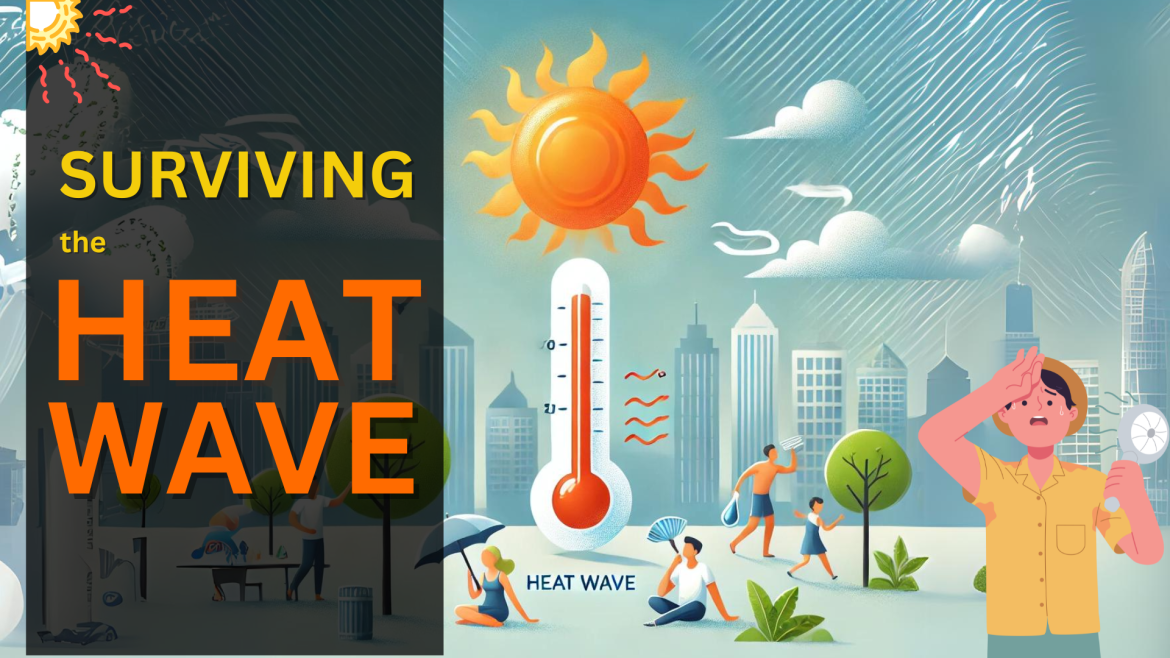Heat waves are becoming more frequent and intense, posing significant health risks. Understanding how to protect yourself during these extreme conditions is crucial. The summer of 2023 was the hottest on record, and recent data shows that these trends are continuing. This article focuses on practical survival tips, especially for vulnerable populations like the elderly and those with pre-existing conditions.
The Data: A Scorching Reality
NASA’s analysis indicates that the summer of 2023 set new heat records, exacerbated by natural phenomena like El Niño (Climate Change – NASA Science). The World Meteorological Organization (WMO) reported that April 2024 had the highest average surface air temperature on record for that month (World Meteorological Organization). These conditions highlight the growing severity of heat waves.
Heat Wave Crisis in Developing Asia
In April 2024, extreme heat hit South and Southeast Asia, affecting nations like India, the Philippines, Bangladesh, Indonesia, Malaysia, and Myanmar. These heat waves have severely impacted some of the world’s most densely populated regions, taking a heavy toll on health, the economy, and education (Asia Times). In India, for example, the longest heat wave on record started in mid-May, with temperatures exceeding 50°C in some areas (Asia Times).
Delhi has had 38 straight nights of temperature above 40 degrees celsius. This is alarming because the human body and mind simply cannot function at this level of heat for prolonged periods.
This time it is the humidity that`s making it worse. Coastal areas of Pakistan for instance, are seeing temperatures just under 40 degrees but it’s the humidity factor at 80% which is making it feel like 45 degrees or above.
Heat Wave and Power Cuts in the Balkans
The Balkans region is experiencing severe heat waves as well, with temperatures soaring above 43°C in some areas. This extreme heat has exacerbated existing infrastructure and capacity issues, leading to frequent power cuts. These power outages have made the heat wave even more unbearable for residents, as they struggle to stay cool without reliable electricity. The situation is similar to South Asia, where heat waves have triggered power breakdowns, highlighting the widespread impact of these extreme weather events.
Heat Wave Impact on Hajj Pilgrims
This year’s Hajj pilgrimage in Saudi Arabia saw more than 550 pilgrims die due to extreme heat, with temperatures soaring above 50°C in some areas. The majority of deaths were due to heat-related illnesses, highlighting the vulnerability of large gatherings during extreme heat events (Global News) (Legit.ng – Nigeria news.) (India Today).
Surviving the Heat Wave: Essential Tips
Surviving a heat wave requires proactive measures to stay cool and hydrated. Here are some critical tips:
- Stay Hydrated
- Drink Plenty of Water: Aim for at least 8-10 glasses a day. Always carry a water bottle when outside.
- Avoid Dehydrating Drinks: Minimize consumption of alcohol, caffeine, and sugary beverages.
- Stay Cool
- Use Fans and Air Conditioning: Spend time in air-conditioned environments like malls or libraries. If you don’t have air conditioning, use fans and take cool showers.
- Damp Cloths: Apply wet cloths or ice packs to your wrists, neck, and forehead.
- Limit Outdoor Activities
- Avoid Peak Sun Hours: Stay indoors during the hottest part of the day, typically from 10 AM to 4 PM.
- Seek Shade: If you must go outside, stay in shaded areas and wear light-colored, loose-fitting clothing.
- Protect Your Home
- Block Sunlight: Use curtains, blinds, or reflective materials to keep sunlight out.
- Ventilation: Create a cross-breeze by using fans to circulate air.
- Diet and Nutrition
- Eat Light Meals: Consume smaller, more frequent meals that are easier to digest.
- Cool Foods: Opt for foods with high water content like fruits and salads.
Special Considerations for Vulnerable Populations
The elderly and individuals with pre-existing health conditions are particularly susceptible to heat-related illnesses. Here’s how to ensure their safety:
- Regular Check-ins: Frequently check on elderly relatives and neighbors. Ensure they are staying cool and hydrated.
- Health Monitoring: Be vigilant for signs of heat-related illnesses, such as heat cramps, heat exhaustion, and heat stroke. Seek immediate medical attention if symptoms of heat stroke occur, such as high body temperature, confusion, or unconsciousness.
- Emergency Contacts: Keep a list of emergency contacts and local cooling centers.
Recognizing Heat-Related Illnesses
Understanding the symptoms of heat-related illnesses is critical:
- Heat Cramps: Muscle spasms caused by heavy exertion. Rest in a cool place and drink fluids.
- Heat Exhaustion: Symptoms include heavy sweating, weakness, dizziness, and nausea. Move to a cooler location, drink water, and apply cool compresses.
- Heat Stroke: A life-threatening condition with symptoms such as high body temperature, confusion, and unconsciousness. Seek immediate medical help.
Conclusion
Heat waves are becoming more frequent and intense, posing significant health risks. By following these survival tips and paying special attention to vulnerable populations, you can protect yourself and your loved ones during extreme heat events. Stay informed, stay hydrated, and stay cool.

